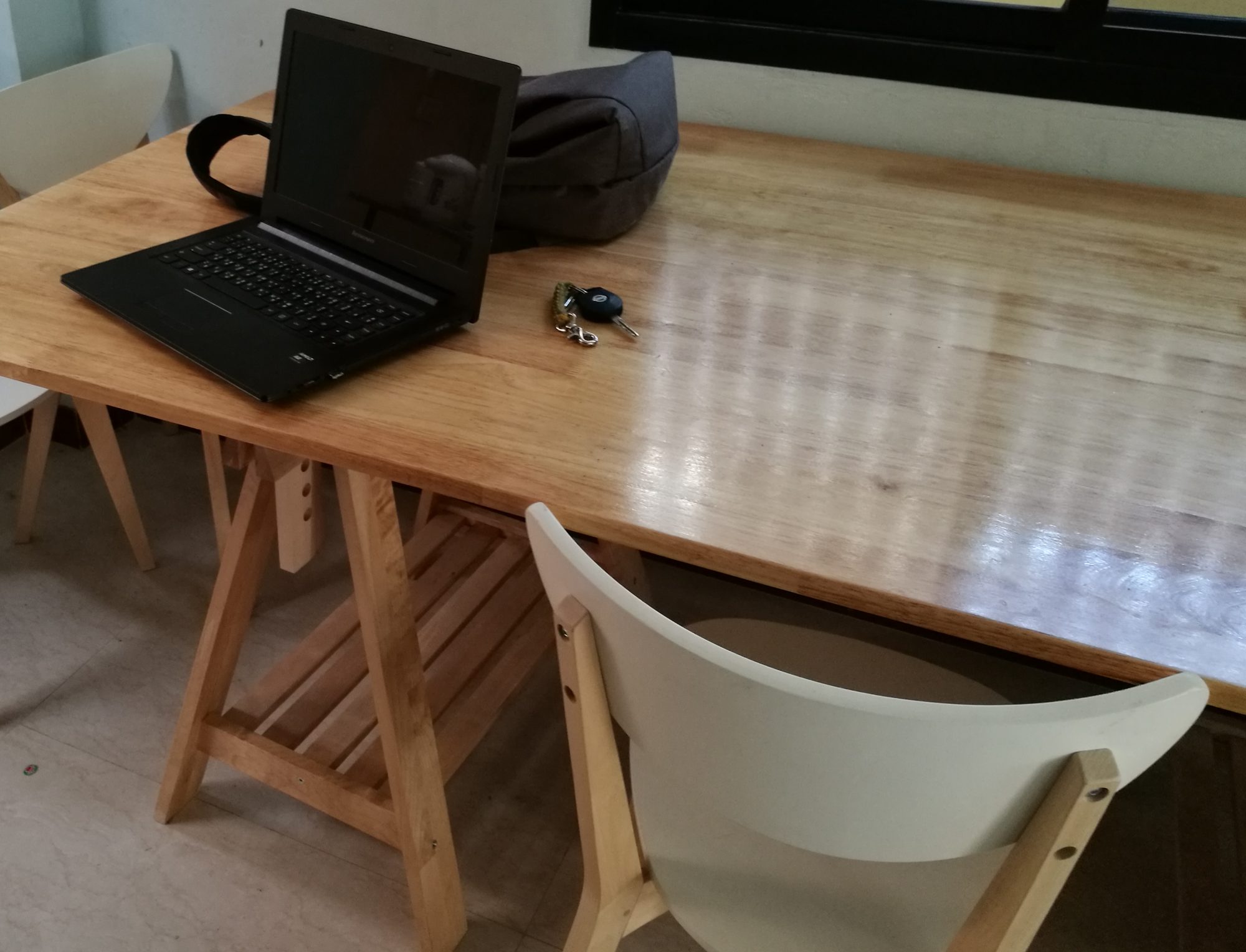ref: http://ipsnews.net/news.asp?idnews=36236
Marwaan Macan-Markar
BANGKOK, Jan 20 (IPS) – At a leading television station, the censor's scissors stands ready to snip out any reference to Thailand's ousted prime minister Thaksin Shinawatra or members of his Thai Rak Thai (Thais Love Thai) party.
''You cannot quote a press statement by Mr. Thaksin word for word or even what his party releases,'' Clare Patchimanon, a news anchor on a morning current affairs programme for Channel Three TV, tells IPS. ''There is an editorial policy to be careful about what goes on the air.''
Since last week she and other radio and other TV broadcasters have come under pressure from the country's junta to restrict local media exposure to Thaksin, who was ousted in the Sep. 19, military coup.
The bluntness of the junta's order conveyed its new, tough stance in dealing with the former, twice-elected leader, who has been forced to live in exile. ''I want to ask every television channel and every radio station not to broadcast messages or statements of the former prime minister and leaders of the past ruling party,'' General Winai Phattiyakul, a ranking member of the junta, told media representatives on Jan 10.
''If they don't listen,'' he added, ''you can kick them out of your station or if you can't use your judgement, I will use mine to help you run your station.''
As junta has drops its mask of appearing benign, it is also losing friends. Sections of the local print media that welcomed the country's 18th coup as a chance to restore Thai democracy that Thaksin had undermined are not so sure now.
''We are not very happy with this meddling. The Thai press has expressed its displeasure,'' says Kiatichai Pongpanich, senior editor of 'Khaosod,' a Thai-language daily. ''This is not a very normal situation.''
Human rights groups are also firing broadsides at the junta, pointing that its menacing approach to the local broadcasters goes against the pledges it had made to justify the putsch, among which was a promise to help restore Thai democracy from the abuse it had suffered during Thaksin's five-year government.
''We are concerned by this disturbing trend to control the broadcast media,'' Sunai Phasuk, Thai researcher for the global rights lobby Human Rights Watch, told IPS. ''This is counterproductive to the promise they made to introduce a democratic culture.
The uproar over the limits placed on the broadcast medium — the news outlets with the largest reach in this country of 64 million people — has overshadowed the increasing restrictions that have been placed on the new media, such as websites.
During the first four months since the coup, the number of Internet websites that have been blocked in Thailand have jumped by ''over 500 percent,'' notes a statement by a newly established media watchdog, Freedom Against Censorship in Thailand (FACT). ''No identification of websites blocked has ever been disclosed to the public nor do (the) government agencies disclose which criteria they use to block.''
By mid-January, according to FACT, the number of websites blocked by the Ministry of Information and Communication had reached 13,435, a dramatic rise from the 2,475 sites that had been blocked in mid-October.
''Inevitably, the coup group is having to show more and more of its real face, which like any other dictatorship is ugly,'' Basil Fernando, head of a regional rights group, Asian Human Rights Commission, said this week. 'The figures on Internet censorship speak for themselves.''
But the Council for National Security (CNS), as the junta calls itself, had already fired warning shots about how much media freedom it would tolerate within days of the coup, when it went after community radio stations in Thailand's north and north-eastern provinces, where Thaksin had a huge following. In the provinces of Chiang Mai, Chiang Rai and Mae Hong Son, some 300 community broadcasters were forced into silence a day after the junta grabbed power.
Television stations in Bangkok, like the one where Clare, the anchor, works, had to put up with other pressures, such as armed soldiers in each station. Channel Three, for instance, had a regular presence of armed soldiers in the main control room for the first month following the coup after which the soldiers remained on the watch, but without weapons.
It was a form of intimidation aimed at preventing Thaksin or his supporters taking to the airwaves to mount a media campaign and challenge the authority of the junta. Such heavy-handed measures contrasted with the more subtle tactics — such as using money and threatening to stop advertisements — that Thaksin employed while in government to silence the media.
The junta's expanding campaign against the Thai media is being viewed by analysts here as one more self-inflicted wound as it appears to be losing its way in a political environment that is growing increasingly fragile. Four months after it took power, the junta has succeeded in creating more dissension and divisiveness — an atmosphere it had pledged to end through a coup that was aimed at unifying this South-east Asian country.
''Since the coup, government censorship has only focused on breaking communication channels between Thaksin and the Thai people,'' Philippe Latour, South-east Asia representative for Reporters Without Borders, the global media watchdog, told IPS. ''Censorship, whatever the motives behind it, is against all democratic principles and it is shocking when it comes from a government that promised to bring back democracy within 12 months.''
(END/2007)
